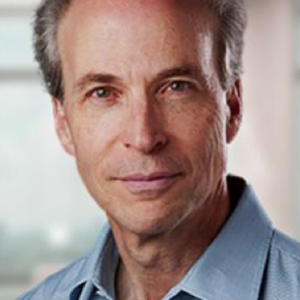
Roger Kornberg
American chemist, 72 years old, Winzer Professor in Medicine at Stanford University, and former Scientific Advisor to the Russian President and the Bush family. He was awarded the 2006 Nobel Prize in Chemistry for his studies of the "molecular basis of the transcription of eukaryotes".
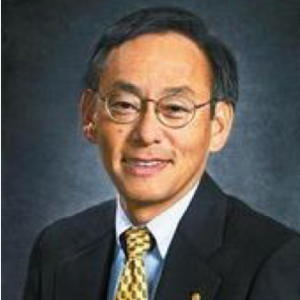
Steven Chu
American physicist, 71 years old. Professor at Stanford University. The 12th United States Secretary of Energy from 2009 to 2013. He was awarded the Nobel Prize in Physics in 1997 “for development of methods to cool and trap atoms with laser light”.
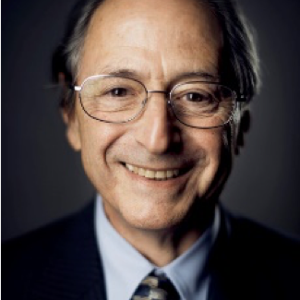
Michael Levitt
Member of the United States National Academy of Sciences and professor at Stanford University, 72 years old. In 2013, He was awarded the Nobel Prize in Chemistry for "the development of multiscale models for complex chemical systems".
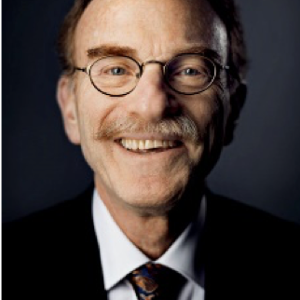
Randy Schekman
American cell biologist at the University of California, Berkeley and former editorin-chief of Proceedings of the National Academy of Sciences, 71 years old. He was awarded the 2013 Nobel Prize for Physiology or Medicine “for the ground-breaking work on cell membrane vesicle trafficking”.
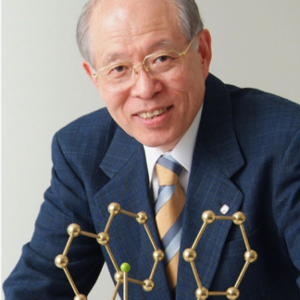
Ryoji Noyori
An influential organic chemist in Japan, 81 years old, a professor at Nagoya University and former president of RIKEN. In 2001, he was awarded the Nobel Prize in Chemistry "for his work on chirally catalysed hydrogenation reactions".
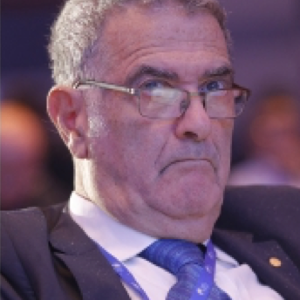
Serge Haroche
French physicist, 75 years old, a Professor at the Collège de France. He was awarded the 2012 Nobel Prize for Physics for "ground-breaking experimental methods that enable measuring and manipulation of individual quantum systems".
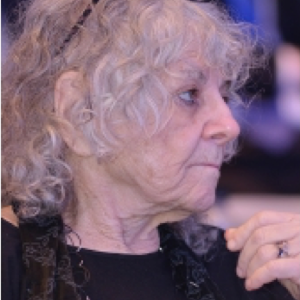
Ada Yonat
Israeli crystallographer and Professor in Department of Structural Biology, Weizmann Institute of Science, 80 years old. In 2009, she was rewarded the Nobel Prize in Chemistry for her studies on “the structure and function of the ribosome”.
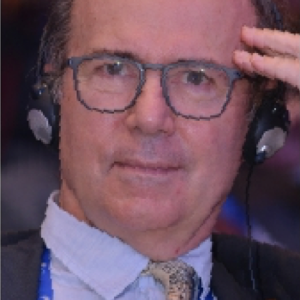
Frank Wilczek
A famous American theoretical physicist and mathematician, 68 years old, and a Professor of Physics at the Massachusetts Institute of Technology (MIT). In 2004, he won the Nobel Prize in Physics for his “achievements in quark particle theory (strong action) theory”.
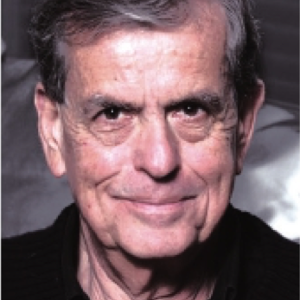
Aaron Ciechanover
Israeli biochemist, 72 years old. He was awarded the 2004 Nobel Prize in Chemistry for “the discovery of the mechanism by which the cells of most living organisms cull unwanted proteins”.
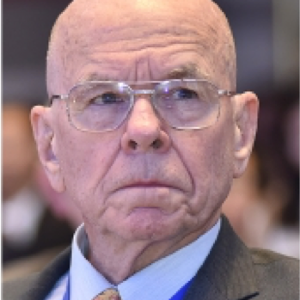
Barry Sharpless
M. Keck Professor of the Scripps Institute, 78 years old. He was awarded the 2001 Nobel Prize in Chemistry for his “outstanding contribution to the study of Chiral Catalytic Oxidation”.
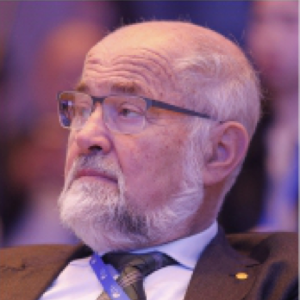
Erwin Neher
German biophysicist, 75 years old. Adjunct Professor of the University of Gottingen, Director emeritus at the Max Planck Institute for Biophysical Chemistry in Gottingen, Membrane Biophysics Department. In 1991, he was awarded the Nobel Prize in Physiology or Medicine for “the discoveries concerning the function of single ion channels in cells”.
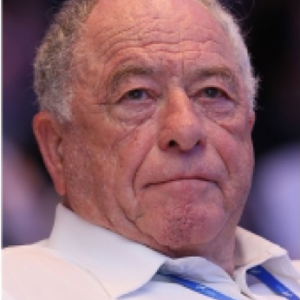
Kurt Wüthrich
Professor of Molecular Biophysics at the ETH Zürich, Switzerland, 81 years old. In 2002, he was awarded the Nobel Prize in Chemistry "for his development of nuclear magnetic resonance spectroscopy for determining the three-dimensional structure of biological macromolecules in solution".
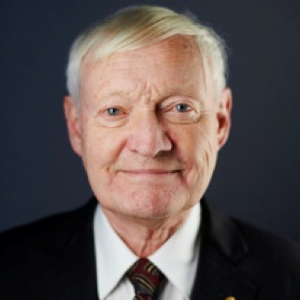
Joachim Frank
Joachim Frank is a German-born American biophysicist at Columbia University, 79 years old. He was awarded the Nobel Prize in Chemistry in 2017 for “developing cryo-electron microscopy for the high-resolution structure determination of biomolecules in solution”.

Michael Young
Michael Warren Young is an American biologist and geneticist, 70 years old. He has dedicated over three decades to research studying genetically controlled patterns of sleep and wakefulness within Drosophila melanogaster. He was awarded the 2017 Nobel Prize in Physiology or Medicine "for the discoveries of molecular mechanisms controlling the circadian rhythm".
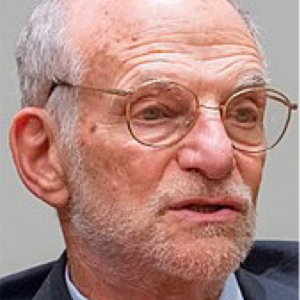
Michael Rosbash
American geneticist and chronobiologist and the Peter Gruber Professor of Neuroscience at Brandeis University, 75 years old. He was awarded the 2017 Nobel Prize in Physiology or Medicine "for the discoveries of molecular mechanisms controlling the circadian rhythm".
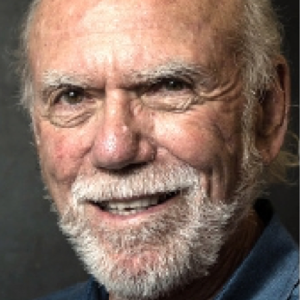
Barry Barish
An American experimental physicist, a Linde Professor of Physics, emeritus at California Institute of Technology and a leading expert on gravitational waves, 83 years old. In 2017, Barish was awarded the Nobel Prize in Physics "for decisive contributions to the LIGO detector and the observation of gravitational waves".
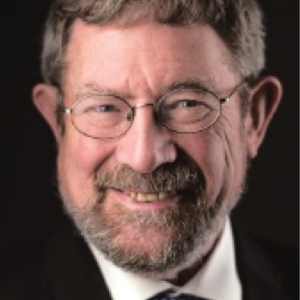
Michael Kosterlitz
British-American physicist, 76 years old. He was awarded the 2016 Nobel Prize in physics for “the work on condensed matter physics”.
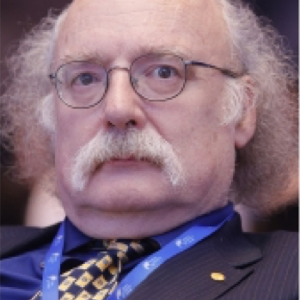
Duncan Haldane
British physicist, and currently the Sherman Fairchild University Professor of Physics at Princeton University, 68 years old. He is a foreign associate of National Academy of Sciences, the United States. He was awarded the 2016 Nobel Prize in Physics with David J. Thouless and John Michael Kosterlitz “for theoretical discoveries of topological phase transitions and topological phases of matter”.
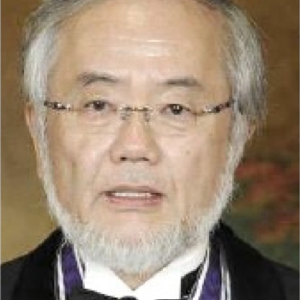
Yoshinori Ohsumi
Japanese cell biologist and a professor at Tokyo Institute of Technology's Institute of Innovative Research, 56 years old. He received the Nobel Prize in Physiology or Medicine in 2016 for “elucidating the molecular mechanisms and physiological significance of autophagy, a cellular adaptive system to environment”.
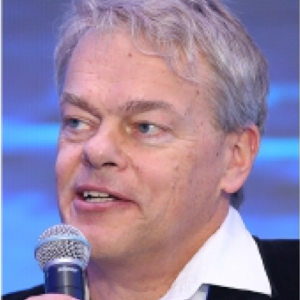
Edvard Moser
Norwegian psychologist and neuroscientist, and a Professor of Neuroscience at Norwegian University of Science and Technology (NTNU), 57 years old. He was awarded the Nobel Prize in Physiology or Medicine in 2014 "for the discoveries of cells that constitute a positioning system in the brain".
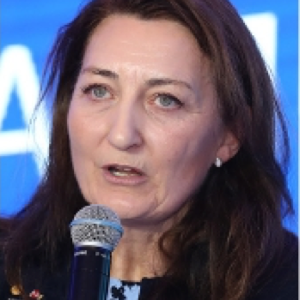
May-Britt Moser
Norwegian psychologist and neuroscientist, and a Professor of Neuroscience at Norwegian University of Science and Technology (NTNU), 56 years old. She was awerded the Nobel Prize in Physiology or Medicine in 2014 "for the discoveries of cells that constitute a positioning system in the brain".
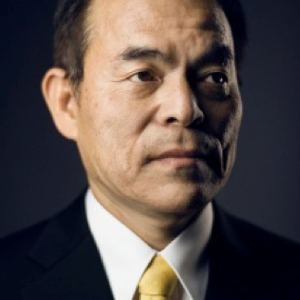
Shuji Nakamura
Shuji Nakamura, 65 years old, is a Japanese-born American electronic engineer and inventor, a professor at the Materials Department of the College of Engineering, University of California, Santa Barbara (UCSB), and is regarded as the inventor of the blue LED, a major breakthrough in lighting technology. He was awarded the 2014 Nobel Prize for Physics "for the invention of efficient blue light-emitting diodes, which has enabled bright and energy-saving white light sources".
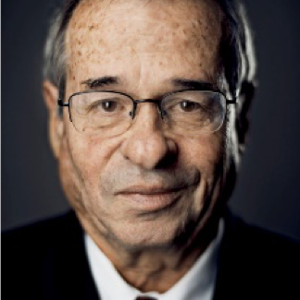
Arieh Warshel
Israeli and American computational chemist, Distinguished Professor of Chemistry and Biochemistry at the University of Southern California, 79 years old. He received the 2013 Nobel Prize in Chemistry for "the development of multiscale models for complex chemical systems".
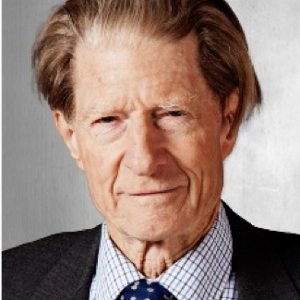
John Gurdon
British developmental biologist, 86 years old. He is best known for his pioneering research in nuclear transplantation and cloning. In 2012, he was awarded the Nobel Prize for Physiology or Medicine for “the discovery that mature cells can be converted to stem cells”.
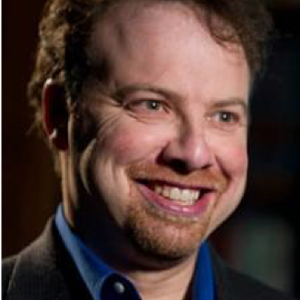
Adam Riess
American astrophysicist and Bloomberg Distinguished Professor at Johns Hopkins University and the Space Telescope Science Institute, 50 years old. He was awarded the 2011 Nobel Prize in Physics "for the discovery of the accelerating expansion of the Universe through observations of distant supernovae".
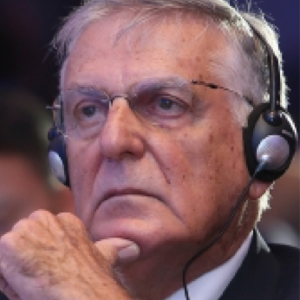
Dan Shechtman
Israeli chemist and the Philip Tobias Professor of Materials Science at the Technion, 78 years old. The Nobel Prize in Chemistry 2011 was awarded to Dan Shechtman "for the discovery of quasicrystals."
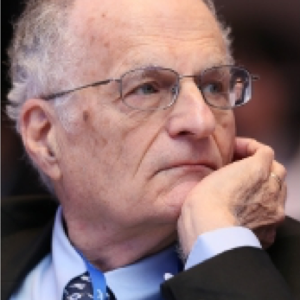
Thomas Sargent
American economist and currently the W.R. Berkley Professor of Economics and Business at New York University, 76 years old. He was awarded the Nobel Memorial Prize in Economics in 2011 "for the empirical research on cause and effect in the macroeconomy".
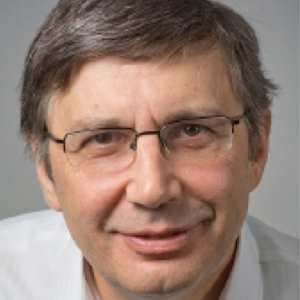
Andre Geim
Dutch physicist and Regius Professor of Physics at the University of Manchester, 61 years old. He was awarded the 2010 Nobel Prize in Physics "for ground-breaking experiments regarding the two-dimensional material graphene."
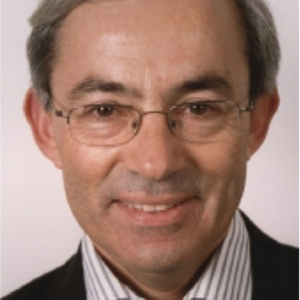
Christopher Pissarides
British and Cypriot economist, Professor of Economics and Political Science, London School of Economics, 71 years old. In 2010, he was awarded the Nobel Prize in Economics "for the analysis of markets with theory of search frictions."
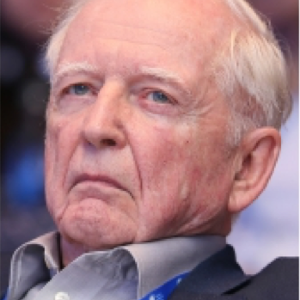
Harald zur Hausen
German virologist and professor emeritus, 83 years old. In 2008, he received the Nobel Prize in Physiology or Medicine "for his discovery of human papilloma viruses causing cervical cancer".
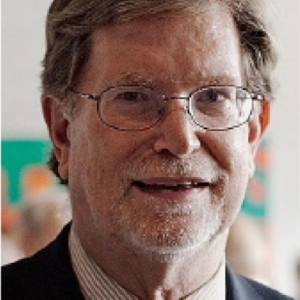
George Smoot III
American astrophysicist and cosmologist, 74 years old. He won the Nobel Prize in Physics in 2006 for his work on the Cosmic Background Explorer.
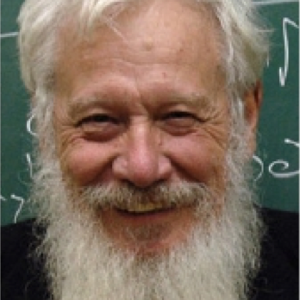
Robert Aumann
Israeli-American mathematician, and a member of the United States National Academy of Sciences, 89 years old. He was awarded the 2005 Nobel Memorial Prize in Economic Sciences "for his work on conflict and cooperation through game-theory analysis."
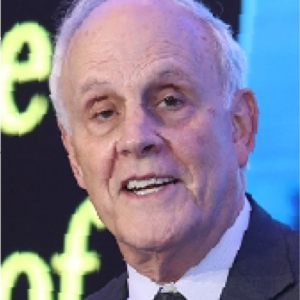
David Gross
American theoretical physicist and string theorist, 78 years old. He was awarded the 2004 Nobel Prize in Physics "for the discovery of asymptotic freedom in the theory of the strong interaction."
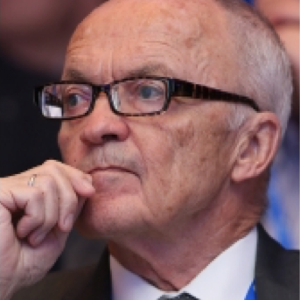
Finn Kydland
Norwegian economist known for his contributions to business cycle theory, 76 years old. He is the Henley Professor of Economics at the University of California, Santa Barbara. He was awarded the 2004 Nobel Memorial Prize in Economics "for the contributions to dynamic macroeconomics: the time consistency of economic policy and the driving forces behind business cycles."
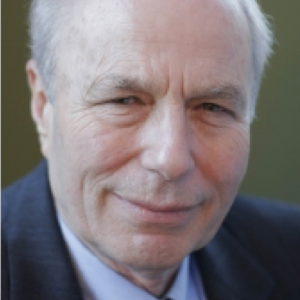
Avram Hershko
Israeli chemist and a Distinguished Professor at the Rappaport Faculty of Medicine at the Technion in Haifa, 82 years old. He was awarded the 2004 Nobel Prize in Chemistry for “the discovery of ubiquitin-mediated protein degradation”.
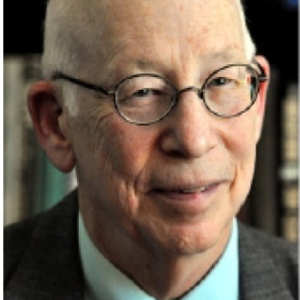
Robert Bergman
American chemist, 77 years old. He was awarded the Wolf Prize in Chemistry “for the discovery of the activation of C-H bonds of hydrocarbons by soluble transition metal complexes” in 2017.
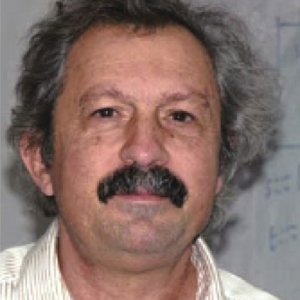
Joseph Sifakis
A Greek-French computer scientist with French citizenship, 72 years old. He was awarded the 2007 Turing Award for his work on model checking.
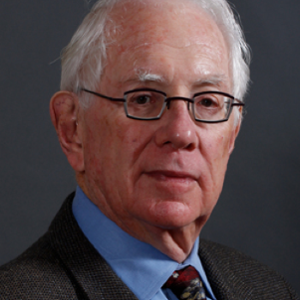
Sheldon Lee Glashow
American theoretical physicist, the Metcalf Professor of Mathematics and Physics at Boston University and Eugene Higgins Professor of Physics, Emeritus, at Harvard University, 86 years old. He was awarded the 1979 Nobel Prize in Physics "for the contributions to the theory of the unified weak and electromagnetic interaction between elementary particles, including, inter alia, the prediction of the weak neutral current".
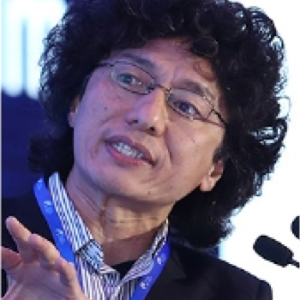
Jin-Quan Yu
American Synthetic Chemist, 53 years old. He was awarded the 2016 MacArthur Fellowship for pioneering new methods for the catalysis and functionalization of carbon-hydrogen bonds and enabling the development of versatile, novel, and beneficial chemical compounds.
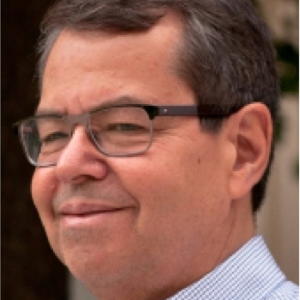
Stephen Buchwald
American chemist and Camille Dreyfus Professor of Chemistry at MIT, 64 years old. He was awarded the 2019 Wolf Prize in Chemistry “for the development of the Buchwald-Hartwig amination, a process used to improve the synthesis of large organic molecules”.
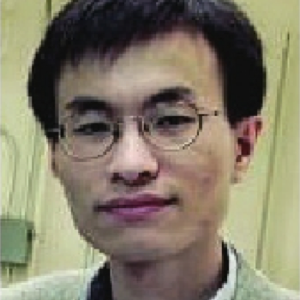
Peidong Yang
American Chinese, nanomaterials scientist, a S.K. and Angela Chan Distinguished Professor of Energy and Professor of Chemistry at University of California, Berkeley, 48 years old. He was awarded the 2015 MacArthur Fellowship for Opening new horizons for tackling the global challenge of clean, renewable energy sources through transformative advances in the science of semiconductor nanowires and nanowire photonics.
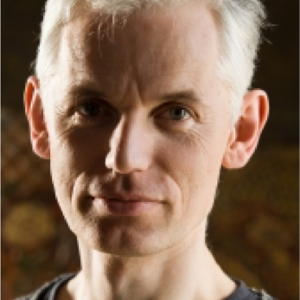
Timothy Gowers
British mathematician and a Royal Society Research Professor at the Department of Pure Mathematics and Mathematical Statistics at the University of Cambridge, 55 years old. In 1998, he received the Fields Medal for research connecting the fields of functional analysis and combinatorics.
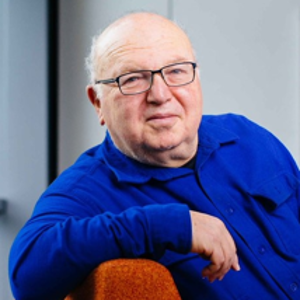
David Zilberman
Israeli-American economist, professor and Robinson Chair in the Department of Agricultural and Resource Economics at the University of California, Berkeley, 72 years old. He was awarded the 2019 Wolf Prize in Agriculture “for incorporating biophysical features of agroeconomic systems to develop economic models and econometric decision-making frameworks to answer fundamental agricultural economic and policy questions in several important areas”.
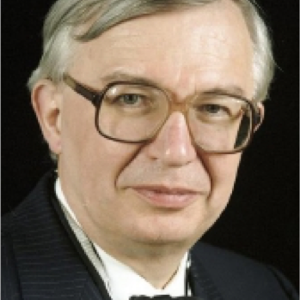
Jean-Marie Lehn
A famous French chemist, 80 years old. He received the Nobel Prize in Chemistry in 1987 "for the development and use of molecules with structure-specific interactions of high selectivity".
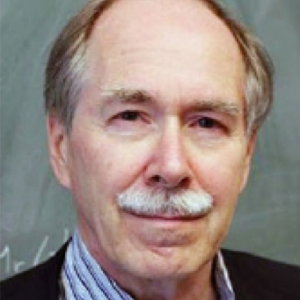
Gerard 't Hooft
Dutch theoretical physicist and professor at Utrecht University, the Netherlands, 73 years old. He was awarded the 1999 Nobel Prize in Physics "for elucidating the quantum structure of electroweak interactions".
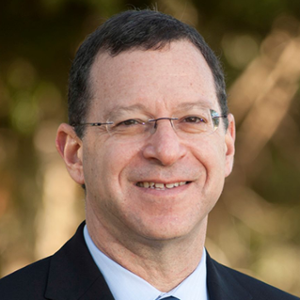
Harris Lewin
American biologist, a professor of evolution and ecology at the University of California Davis, 62 years old. He was awarded the 2011 Wolf Prize in Agriculture “for highly significant discoveries, that contribute to both fundamental and practical aspects of animal agriculture”.
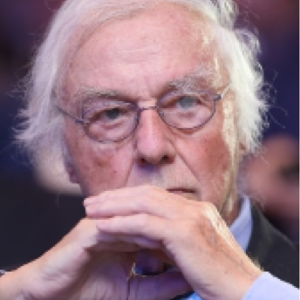
Robert Huber
German biochemist, 82 years old. In 1988, he was awarded the Nobel Prize in Chemistry "for the determination of the three-dimensional structure of a photosynthetic reaction centre."
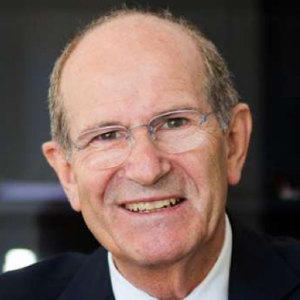
Alim Louis Benabid
A French-Algerian emeritus professor, neurosurgeon and member of the French Academy of Sciences, 77 years old. He was awarded the 2014 Lasker-DeBakey Clinical Medical Research Award “for the development of deep brain stimulation of the subthalamic nucleus, a surgical technique that reduces tremors and restores motor function in patients with advanced Parkinson's disease”.
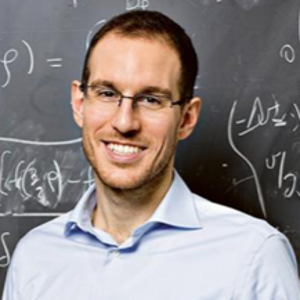
Alessio Figalli
Italian mathematician, 35 years old. He was awarded the Fields Medal in 2018 "for his contributions to the theory of optimal transport, and its application to partial differential equations, metric geometry, and probability".
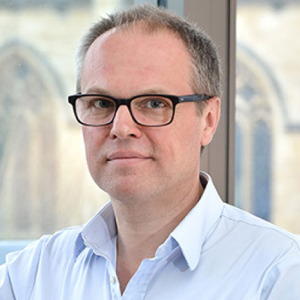
Gero Miesenböck
A native of Austria, 54 years old, the Waynflete Professor of Physiology and Director of the Centre for Neural Circuits and Behaviour (CNCB) at the University of Oxford and a Fellow of Magdalen College, Oxford. He was awarded the 2019 Warren Alpert Foundation Prize for pioneering work in the field of optogenetics, a revolutionary technique that uses light and genetic modification to control the activity of cells in the brain.
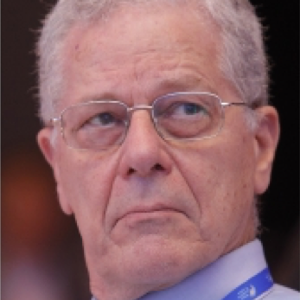
Joseph Taylor Jr.
American astrophysicist, 78 years old. He was awarded Nobel Prize in Physics "for the discovery of a new type of pulsar, a discovery that has opened up new possibilities for the study of gravitation" in 1993.